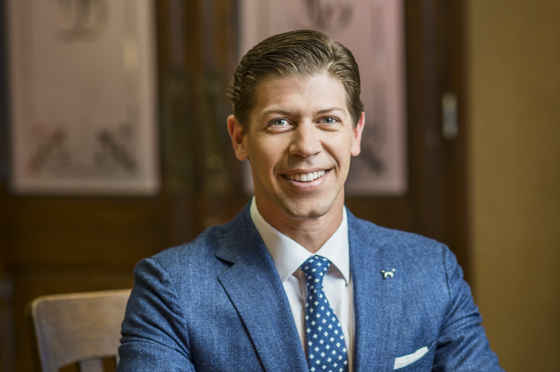Dallas’ Woodbine Development Corp. is best known for its partnership with oilman Ray Hunt that produced high-profile projects such as the Reunion Tower and Hyatt Regency Dallas. The development company has been involved in more than US$7 billion worth of commercial real estate projects, with a focus on resorts with golf courses, water parks, spas and fitness centers.
Yet megaprojects are risky. To reduce its exposure, the developer this year launched a US$85 million fund, Woodbine Legacy Investments. In contrast to the parent company, the fund is acquiring established full- and select-service hotels and aiming to hold the assets longer. Diversifying from the development company’s investor base of private equity and opportunity funds, Legacy has raised capital from family offices and foundations. It’s a more conservative strategy appropriate for this latter stage of the real estate cycle, said Managing Partner and Chief Investment Officer T. Dupree Scovell, a son of Woodbine founder and Chairman John Scovell. Dupree Scovell joined the family business in 2011 and moved to Los Angeles to seek out new investors.
The fund already has completed two inaugural acquisitions: Hilton Dallas, Park Cities, a 224-room boutique hotel in the affluent Highland Park neighborhood; and a 291-room W Hotel in the upscale Buckhead section of Atlanta, for US$73 million. Scovell discussed the strategy in a recent interview. “Our previous life was going after big projects, the homerun derby,” he said. “We wanted to shift to small ball.”
HOTELS’ INVESTMENT OUTLOOK: Could you have continued to diversify within the parent company without establishing a separate fund?
T. Dupree Scovell: We had to go to a different category of investor — family offices and foundations. When you’re investing with institutional partners, they have a shorter investment horizon of three to five years.
The opportunity funds and private-equity groups are looking for returns in the low 20% range. On the other side of the spectrum, you have REITs that are focused on returns in the low to mid-teens. The goal for us is to have a cheaper cost of capital, which will allow us to still thread the needle between where the REITs have played and where the private-equity guys play, coming in at a 16% to 17% rate of return.

HIO: How is the fund structured?
TDS: We have 25 investors who contributed funds ranging from US$2 million to US$10 million, with Woodbine accounting for 10% of the US$85 million. We’re looking to use leverage of 65%, which gets you to buying power of US$250 million.
HIO: What kind of acquisitions are you looking for?
TDS: The mandate is brand agnostic. We’re indifferent whether it’s a Hilton, Marriott, Hyatt or independent. It’s about the real estate. We are looking for well-located assets and great markets that have good downside protection. The way you get that in a late-cycle investing strategy is finding a market that doesn’t have huge supply growth.
HIO: Where else might you focus?
TDS: We’re staying domestic. Los Angeles and Washington, D.C., are by far our top priorities, but we also are looking at opportunities in Denver, Austin, Nashville and other markets in Texas, which for us is home cookin.’
Contributed by Judith Crown
